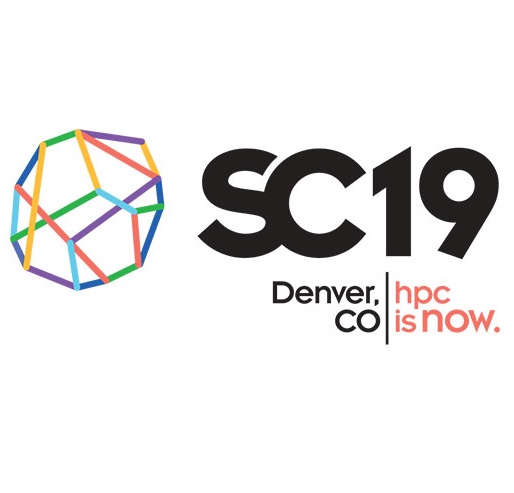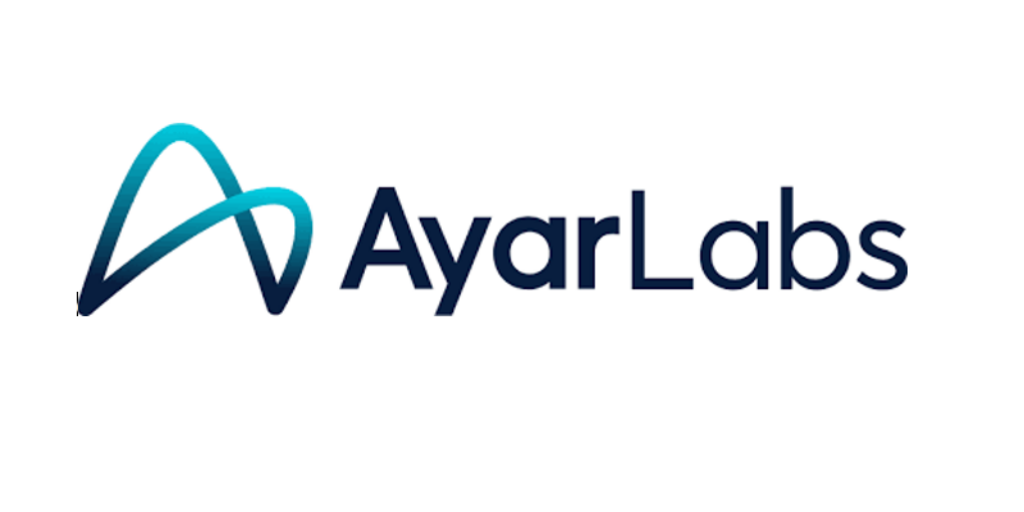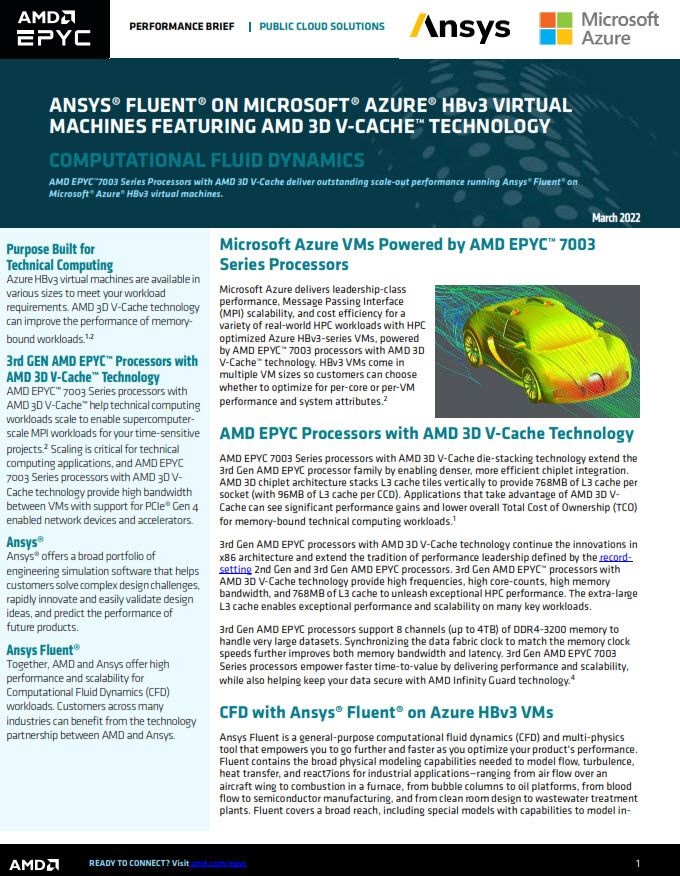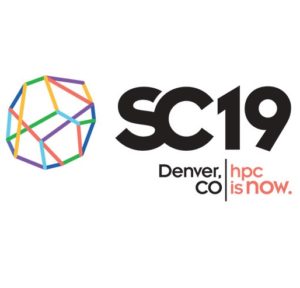 The SC19 conference has announced their lineup of invited speakers. The conference takes place Nov 17-22 in Denver
The SC19 conference has announced their lineup of invited speakers. The conference takes place Nov 17-22 in Denver
HPC is playing an increasingly important role in transforming science and society and has become an important catalyst for insight, discovery, and innovation. Complementing the SC19 conference theme, “HPC is Now!”, the SC19 Invited Talks program brings together 12 leading researchers whose talks will highlight the translational impact of HPC in all areas of science and society. These talks will explore translational approaches in HPC, present emerging challenges and opportunities, and describe results that would not have been possible otherwise.
Meet the Invited Speakers
 Katie Bouman (Caltech, USA) will present the methods used to produce the first image of a black hole from the Event Horizon Telescope, a network of telescopes scattered across the globe. Her talk will summarize how the data from an observation campaign that collected approximately five petabytes of data over four evenings in 2017 were calibrated and imaged, and explain some of the challenges that arise with a heterogeneous telescope array like the EHT.
Katie Bouman (Caltech, USA) will present the methods used to produce the first image of a black hole from the Event Horizon Telescope, a network of telescopes scattered across the globe. Her talk will summarize how the data from an observation campaign that collected approximately five petabytes of data over four evenings in 2017 were calibrated and imaged, and explain some of the challenges that arise with a heterogeneous telescope array like the EHT.
 Paul Morin (University of Minnesota, USA) will describe how HPC has transformed polar topography. His talk will describe the processing of a constant stream of imagery from a constellation of satellites and the creation of an image mosaic of Antarctica, which has resulted in better topography for the ice on Earth than the land.
Paul Morin (University of Minnesota, USA) will describe how HPC has transformed polar topography. His talk will describe the processing of a constant stream of imagery from a constellation of satellites and the creation of an image mosaic of Antarctica, which has resulted in better topography for the ice on Earth than the land.
 Lynne E. Parker (White House Office of Science and Technology Policy (OSTP), USA) will discuss the American AI Initiative and its focus on AI research and development, including fundamental AI algorithms as well as the underlying cyberinfrastructure, systems, and data that provide the foundation for complete AI systems. Her talk will discuss the US Administration’s activities and priorities in AI and in high performance computing (HPC), highlighting open R&D questions at the nexus of AI and HPC.
Lynne E. Parker (White House Office of Science and Technology Policy (OSTP), USA) will discuss the American AI Initiative and its focus on AI research and development, including fundamental AI algorithms as well as the underlying cyberinfrastructure, systems, and data that provide the foundation for complete AI systems. Her talk will discuss the US Administration’s activities and priorities in AI and in high performance computing (HPC), highlighting open R&D questions at the nexus of AI and HPC.
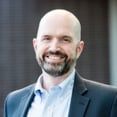 Nathan Baker (Pacific Northwest National Laboratory, USA) will explore the role of machine learning in scientific computing and highlight the key research gaps that limit the impact of current ML methods on scientific problems. His talk will review research priority direction, an outcome of a workshop Scientific Machine Learning, and will present recent results in domain-aware machine learning.
Nathan Baker (Pacific Northwest National Laboratory, USA) will explore the role of machine learning in scientific computing and highlight the key research gaps that limit the impact of current ML methods on scientific problems. His talk will review research priority direction, an outcome of a workshop Scientific Machine Learning, and will present recent results in domain-aware machine learning.
 Orsola De Marco (Macquarie University, Australia) will explore 3D hydrodynamic simulations as a technique for determining the mechanisms underlying the zoo of stellar interactions from supernovae to merging black holes. Her talk will focus on 3DHD, the techniques used (adaptive mesh, smooth particles hydrodynamics or moving mesh), their limitations, and possible solutions.
Orsola De Marco (Macquarie University, Australia) will explore 3D hydrodynamic simulations as a technique for determining the mechanisms underlying the zoo of stellar interactions from supernovae to merging black holes. Her talk will focus on 3DHD, the techniques used (adaptive mesh, smooth particles hydrodynamics or moving mesh), their limitations, and possible solutions.
 Ewa Deelman (University of Southern California, USA) will explore the role of cyberinfrastructure (instruments, computational platforms, software, and people) in science, and the challenges in developing and delivering robust cyberinfrastructure to users. She will explore how cyberinfrastructure can benefits from advances in Computer Science and provide a unique laboratory for Computer Science research.
Ewa Deelman (University of Southern California, USA) will explore the role of cyberinfrastructure (instruments, computational platforms, software, and people) in science, and the challenges in developing and delivering robust cyberinfrastructure to users. She will explore how cyberinfrastructure can benefits from advances in Computer Science and provide a unique laboratory for Computer Science research.
 Stephen Smith (University of Michigan, USA) will present computational challenges facing evolutionary biology resulting from the size and complexity of datasets (DNA sequences, morphological measurements), the extensive heterogeneity of biological processes, and will explore solutions. Specifically, his talk will describe some of the limits to the ability to reconstruct the phylogenetic past.
Stephen Smith (University of Michigan, USA) will present computational challenges facing evolutionary biology resulting from the size and complexity of datasets (DNA sequences, morphological measurements), the extensive heterogeneity of biological processes, and will explore solutions. Specifically, his talk will describe some of the limits to the ability to reconstruct the phylogenetic past.
 Lin Gan (National Supercomputing Center, Wuxi, China) will explore the use of HPC to address complex and challenging numerical problems in geosciences and the underlying research challenges presented by the complexity of current HPC systems. His talk will summarize essential HPC solutions for Geoscience Application on the Sunway Supercomputer.
Lin Gan (National Supercomputing Center, Wuxi, China) will explore the use of HPC to address complex and challenging numerical problems in geosciences and the underlying research challenges presented by the complexity of current HPC systems. His talk will summarize essential HPC solutions for Geoscience Application on the Sunway Supercomputer.
 Anders Ynnerman (Linköping University, Sweden) will demonstrate OpenSpace, a tool that can visualize large scale data from HPC simulations, distributed data repositories, and data feeds from space craft instrumentation. His talk will highlight interactive data visualization such as globe browsing of extreme resolution imagery of planetary surfaces, interactive visualization of large star fields, and volumetric rendering of MHD simulations of coronal mass ejections and operational space weather forecasting.
Anders Ynnerman (Linköping University, Sweden) will demonstrate OpenSpace, a tool that can visualize large scale data from HPC simulations, distributed data repositories, and data feeds from space craft instrumentation. His talk will highlight interactive data visualization such as globe browsing of extreme resolution imagery of planetary surfaces, interactive visualization of large star fields, and volumetric rendering of MHD simulations of coronal mass ejections and operational space weather forecasting.
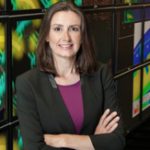 Karen Willcox (University of Texas at Austin, USA) will explore learning from data through the lens of models as a way to bring structure to an otherwise intractable problem. She will highlight, through case studies in aerospace engineering applications, how formulations and methods from projection-based model reduction can be combined with machine learning methods to achieve this.
Karen Willcox (University of Texas at Austin, USA) will explore learning from data through the lens of models as a way to bring structure to an otherwise intractable problem. She will highlight, through case studies in aerospace engineering applications, how formulations and methods from projection-based model reduction can be combined with machine learning methods to achieve this.
 Ilkay Altintas (San Diego Supercomputer Center, USA) will explore dynamic data-driven cyberinfrastructure and application solution architectures using the WIFIRE system for wildfire monitoring simulation as an exemplar. Her talk will focus on end-to-end management, from the data sensing and collection to modeling efforts using a continuum of computing methods that integrate edge, cloud, and high-performance computing.
Ilkay Altintas (San Diego Supercomputer Center, USA) will explore dynamic data-driven cyberinfrastructure and application solution architectures using the WIFIRE system for wildfire monitoring simulation as an exemplar. Her talk will focus on end-to-end management, from the data sensing and collection to modeling efforts using a continuum of computing methods that integrate edge, cloud, and high-performance computing.
 Larry Seitzman (Caterpillar, USA) will present HPC-driven “simulate first” as a powerful approach to keep the cost of developing new products as low as possible while simultaneously exploring as much of the design space as possible for qualities the customer expects and values, and how it is being used at Caterpillar.
Larry Seitzman (Caterpillar, USA) will present HPC-driven “simulate first” as a powerful approach to keep the cost of developing new products as low as possible while simultaneously exploring as much of the design space as possible for qualities the customer expects and values, and how it is being used at Caterpillar.
We would like to thank the members of the SC19 Invited Talks committee for helping us bring together such an impressive group of distinguished speakers. We believe that these talks collectively highlight the tremendous and transformative impact of translational HPC research and projects across science and society, from understanding natural and engineered system to address societal challenges and improving industry processes. We do hope you will attend the Invited Talks Program at SC19 and will find it both stimulating and rewarding. We hope to see you in Denver in November.

